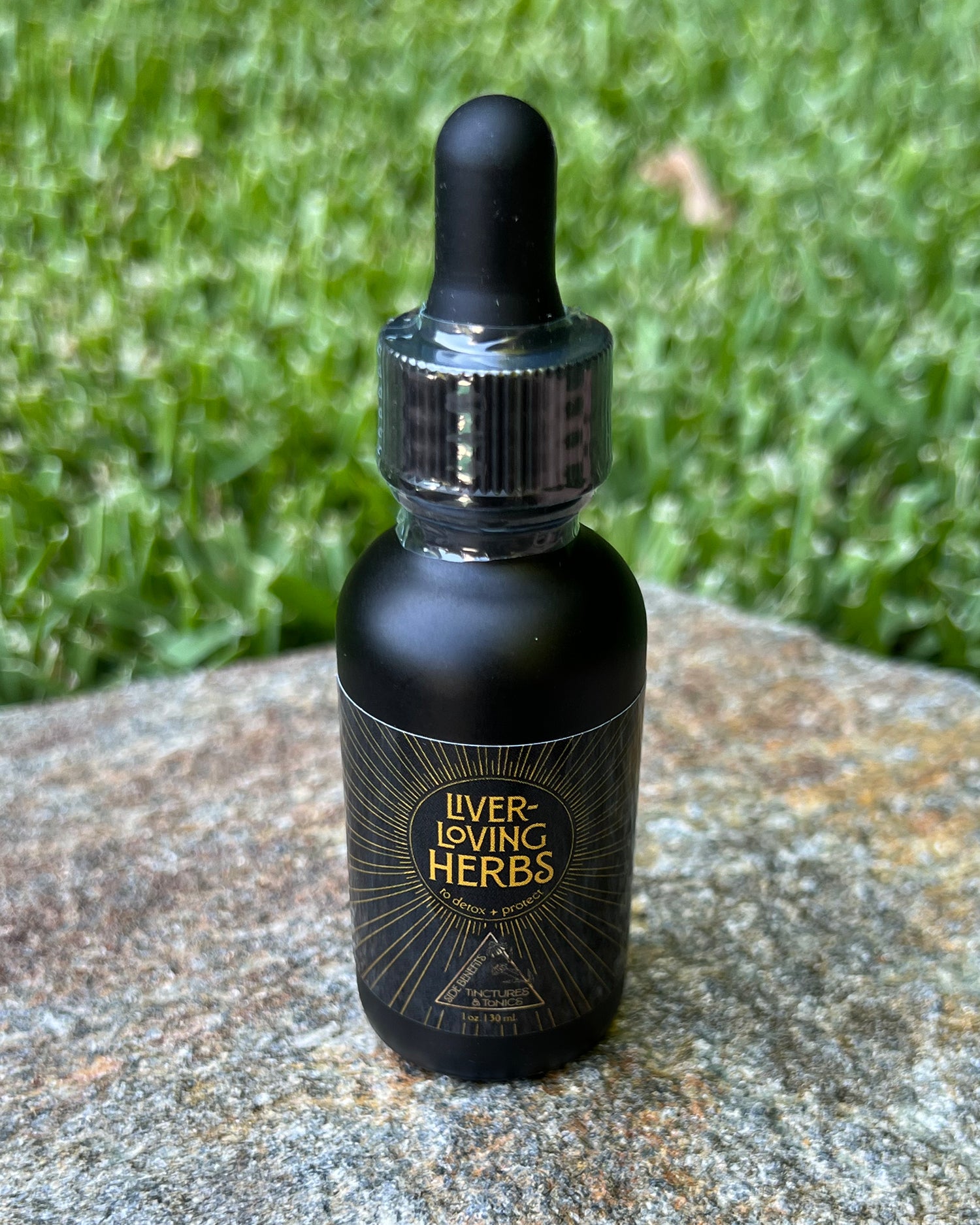The history of nutrition in America is riddled with misinformation, corrupt lobbyists and picky consumers. This country is still the most food-secure country in the world, but American eating habits are far from optimal. While most Americans know they should consume vitamins and minerals, they aren’t eating the nutrient-dense foods they need to prevent disease later in life. The blame lies both on industrial food industry, with its focus on shelf-life & monetary-gain and also on the “standard American diet” (SAD) – which is lacking in organic fresh fruits and vegetables. It isn’t hard to see the result of these nutritional missteps as they manifest in the visibly expanded waistlines throughout the country. This SAD way of eating could lead to diabetes, heart disease, high blood pressure and eventually, Alzheimer’s disease.
WHY is this happening?
We’re all about convenience today’s modern society so we look to grab n’ go, delivery, packaged food and fast food to keep us going. Let’s look at the sugar, refined-carbohydrates and hydrogenated oils that are added to packaged and processed foods which account for more than half of the food consumed by Americans. These “hyperpalatable” foods are being pumped out by packaged food manufacturers and fast food purveyors because they know consumers will be back for more because they are engineered that way. Think about the last time you ate an Oreo cookie. How freakin’ amazing was it? That crunchy cookie contains sugar, flour, oil, cocoa, high fructose corn syrup (another sugar), leavening, cornstarch, salt, soy lecithin, vanillin, and chocolate. All ingredients designed to trigger a dopamine hit in our brain so we keep wanting more. And if you think the government has our back with its ever-evolving FDA pyramid…I’ve got a bridge in Brooklyn I could sell you as well.
WHAT is happening?
When we eat a diet high in ultra-processed ingredients, sugar and refined carbohydrates, it dramatically contributes to inflammation in the body. While acute inflammation is beneficial in assisting the body in its defenses against infections like the flu or wound-healing, chronic inflammation is the one that we need to worry about. This type of inflammation is the body’s response to food sensitivities, pathogenic overgrowths or a build-up of toxins in the body. Over time, chronic inflammation can lead to metabolic syndrome, diabetes, heart disease and even cancer. It is literally root cause of almost every major health condition and disease.
HOW can we turn this fiery ship around?
We’ve lost our connection with real food so it’s time we get back in the kitchen and learn to feed ourselves what the body needs for optimal health. Focus on anti-inflammatory foods and eliminate processed and overly refined carbohydrates. If that packaged food ‘seems’ healthy, don’t be duped by its fancy packaging. Never trust the front of the box, always flip it over and read the ingredients! Of course, it would be nice if the government agreed on some regulations when it comes to disease-causing ingredients in our food…but don’t hold your breath. Inflammation is a serious problem so it is important to identify the cause of the sparks now so they don’t turn into a forest fire later.
What we eat is just one contributing factor, but there are many factors—like stress and environmental toxins—that contribute to inflammation in the body. In my Los Angeles holistic nutrition practice, I use two lab tests—the GI MAP and MRT 170 food sensitivity test—to help my clients identify sources of inflammation. I then customize lifestyle & nutrition plans that remove any contributing factors in order to help reduce the effects of chronic inflammation levels in the body.
The GI MAP lab test is an advanced stool test that shows the health of the microbiome and it identifies potential parasites, bacteria, viral and/or candida overgrowths. It also includes markers for intestinal permeability (leaky gut), inflammation, immune and pancreatic sufficiency.
SIGNS OF CHRONIC INFLAMMATION:
-
Digestive distress: gas, bloating, diarrhea, or constipation
-
Fatigue: exhausted all the time
-
Stubborn weight around the belly: intense sugar and/or carbohydrate cravings
-
Skin eruptions: red, itchy rashes; eczema; psoriasis
-
Allergies: itchy, watery eyes; sneezing; coughing
-
High blood pressure: consistent readings of 130/80+
-
Joint pain: stiffness; ongoing joint aches and pains
-
Cognitive decline: brain fog; memory loss
HOW TO REDUCE INFLAMMATION:
-
Drink water: at least half your body weight in ounces per day
-
Limit sugar: sugar triggers the release of inflammatory cytokines
-
Limit alcohol: excessive consumption weakens liver function
-
Limit refined grains: bread, crackers, rolls, etc.
-
Eliminate processed foods with trans fats: fast foods, fried foods, processed snack foods, frozen breakfast products, cookies, donuts, crackers and margarines trigger systemic inflammation
-
Eat more organic fruits and vegetables
-
Eat more Omega-3-rich foods: flaxseeds and salmon
-
Learn how to de-stress: meditation; yoga; journaling; daily walks
-
Get better sleep: practice sleep hygiene; develop a bedtime routine
-
Exercise: even just 20 minutes a day
-
Heal your gut: if you are unable to absorb the nutrients from your food, it doesn’t even matter what you are eating…you won’t benefit from it. But don’t worry, this is where I come in!
-
Remove environmental toxins: cleaning products; non-organic skincare products
-
Incorporate anti-inflammatory herbs: turmeric, ginger, licorice, garlic, echinacea (no more than 4-6 weeks at a time), aloe vera, astragalus, reishi mushroom, maitake mushroom, shiitake mushroom, stinging nettles, boswellia (Frankincense), Oregon grape, rosemary and white willow bark
-
Incorporate anti-inflammatory nutrients: magnesium, quercetin; carotenoids, flavonoids (in brightly colored fruits & veggies), digestive enzymes with bromelain; also, glutamine and lysine are two amino acids that are incredibly powerful in combating inflammation






